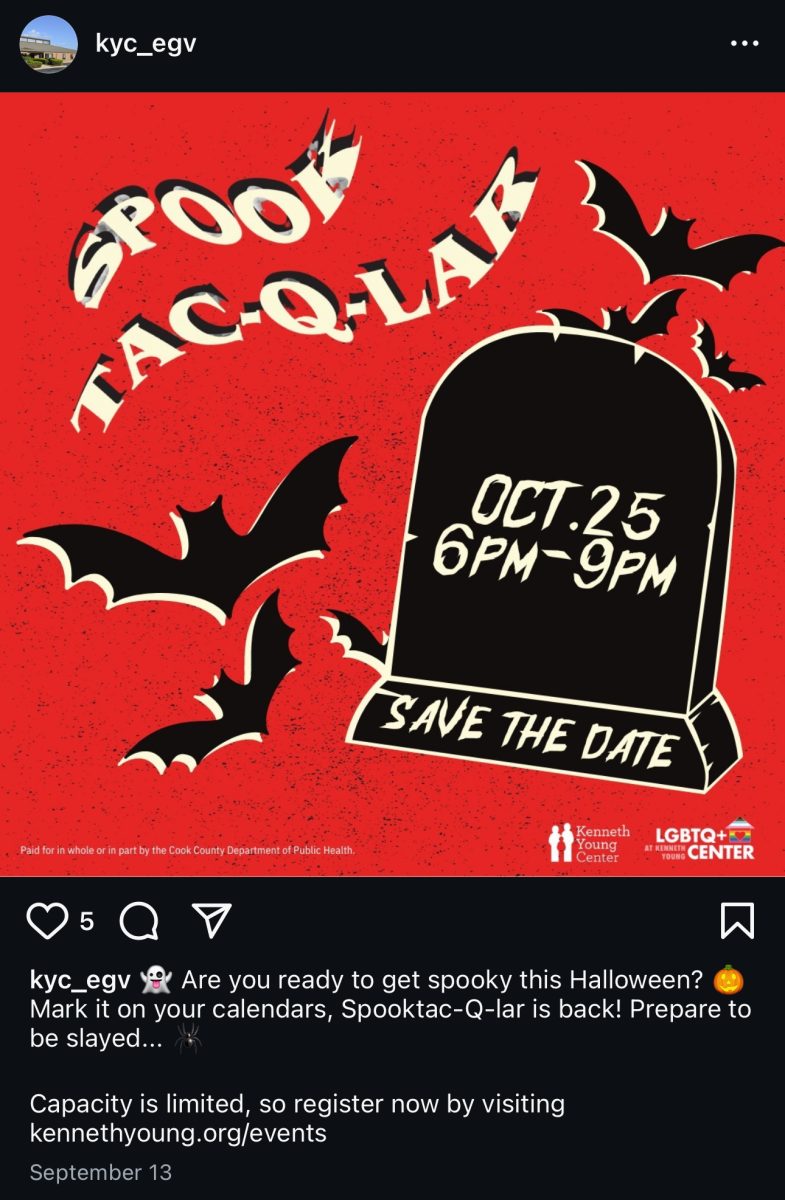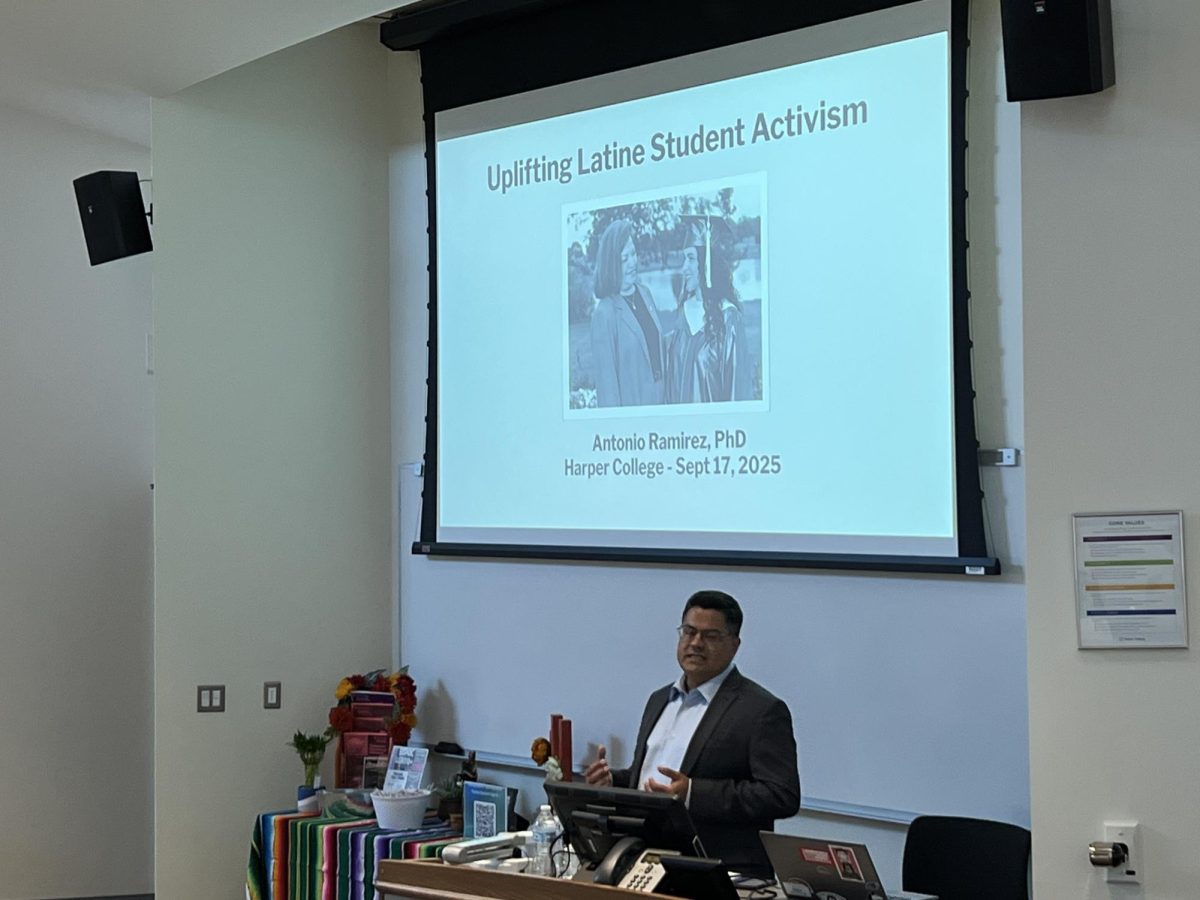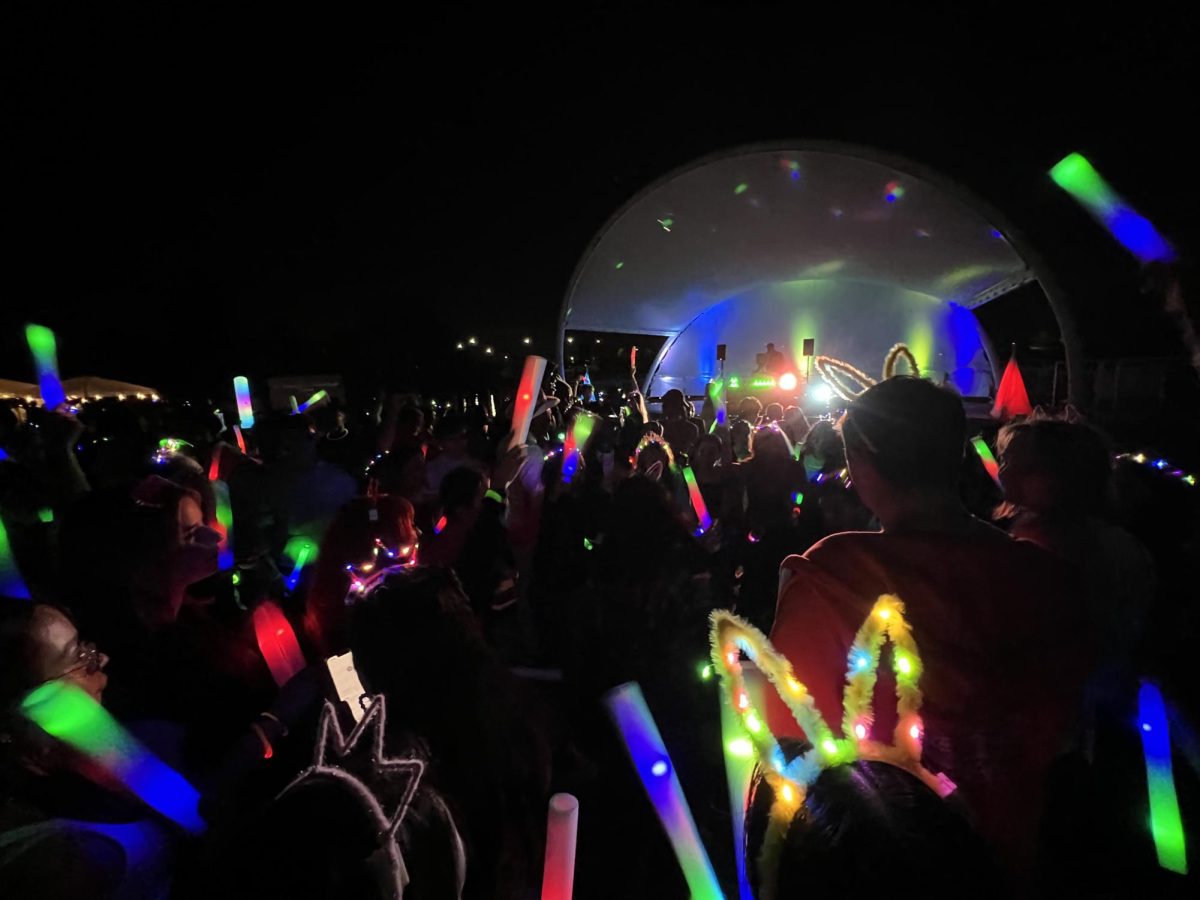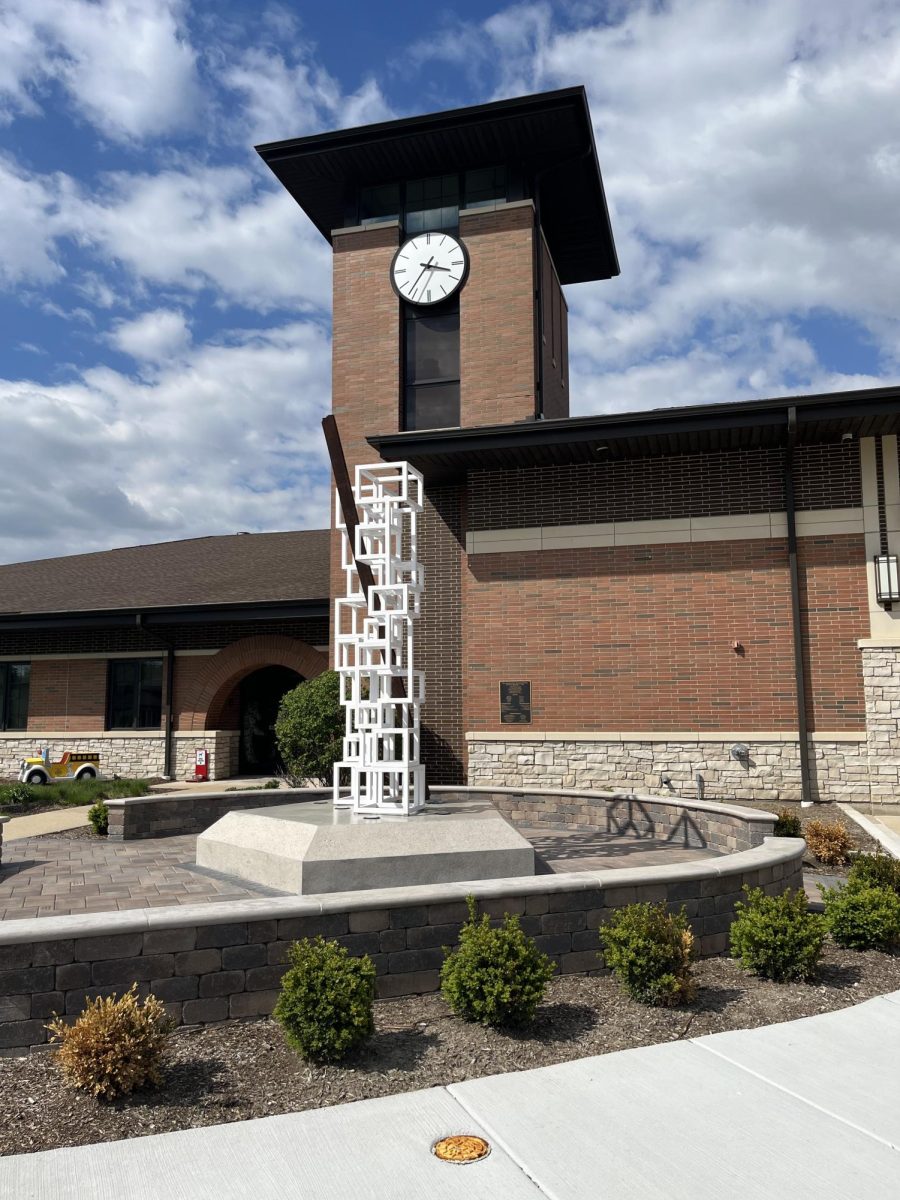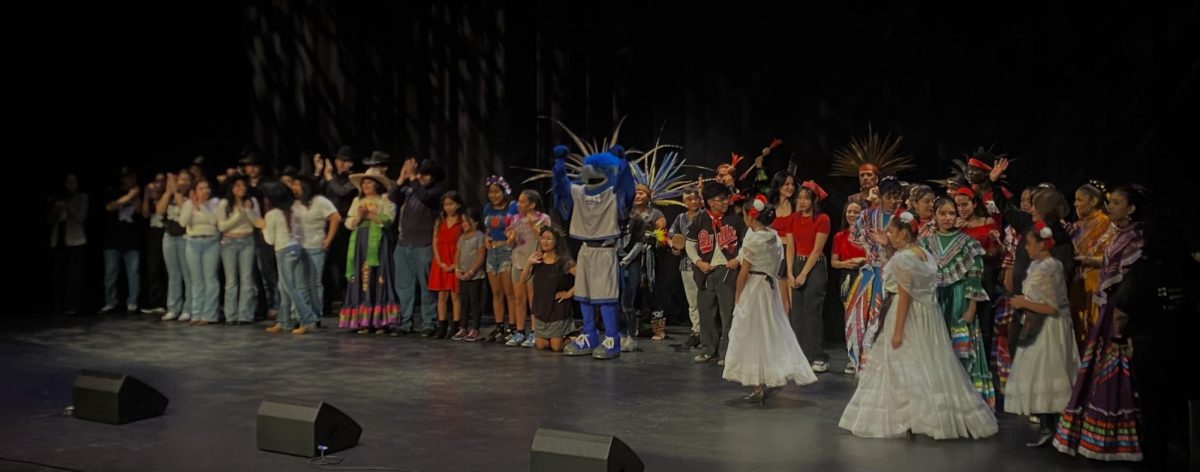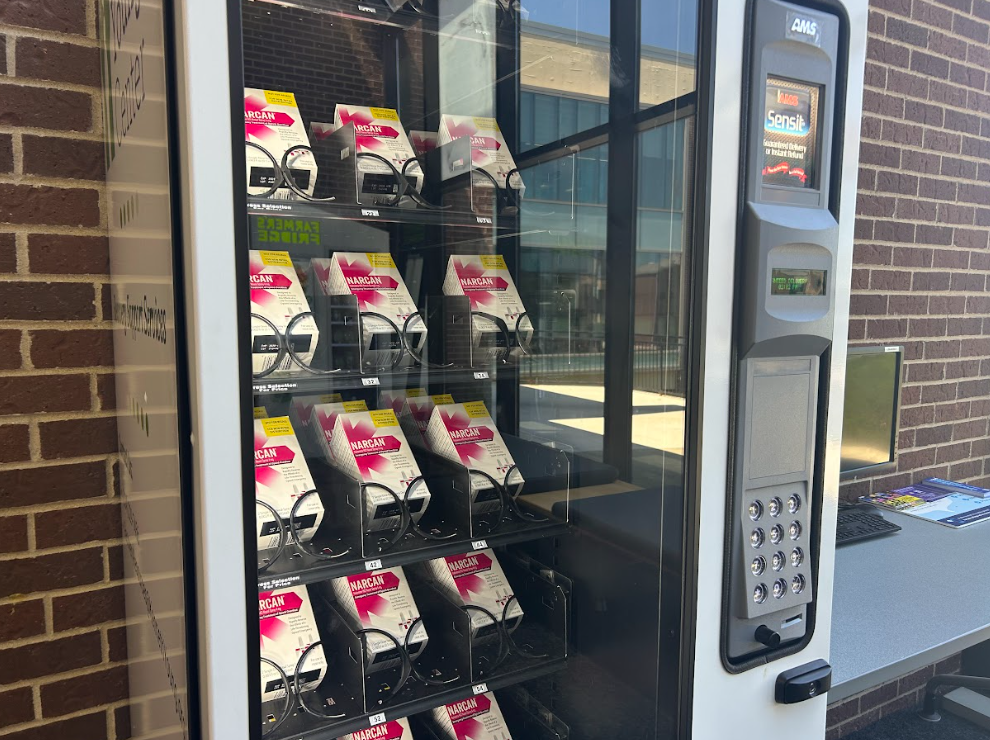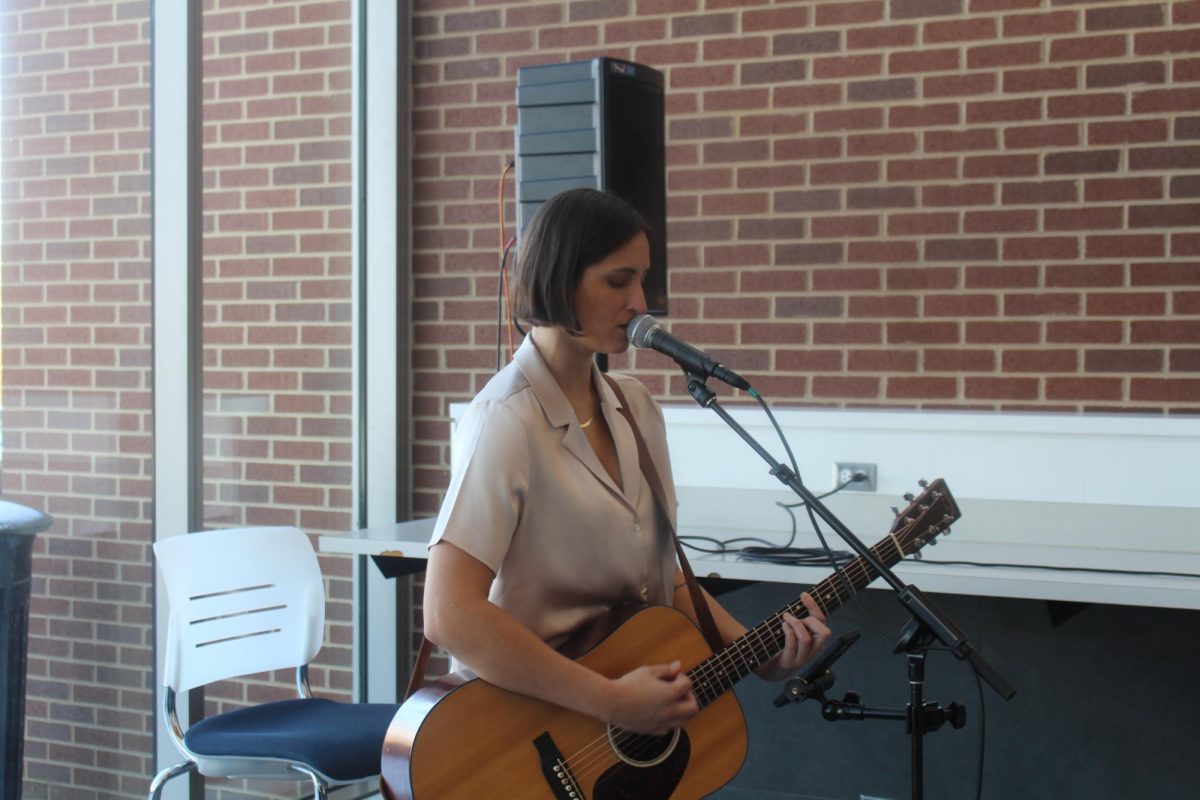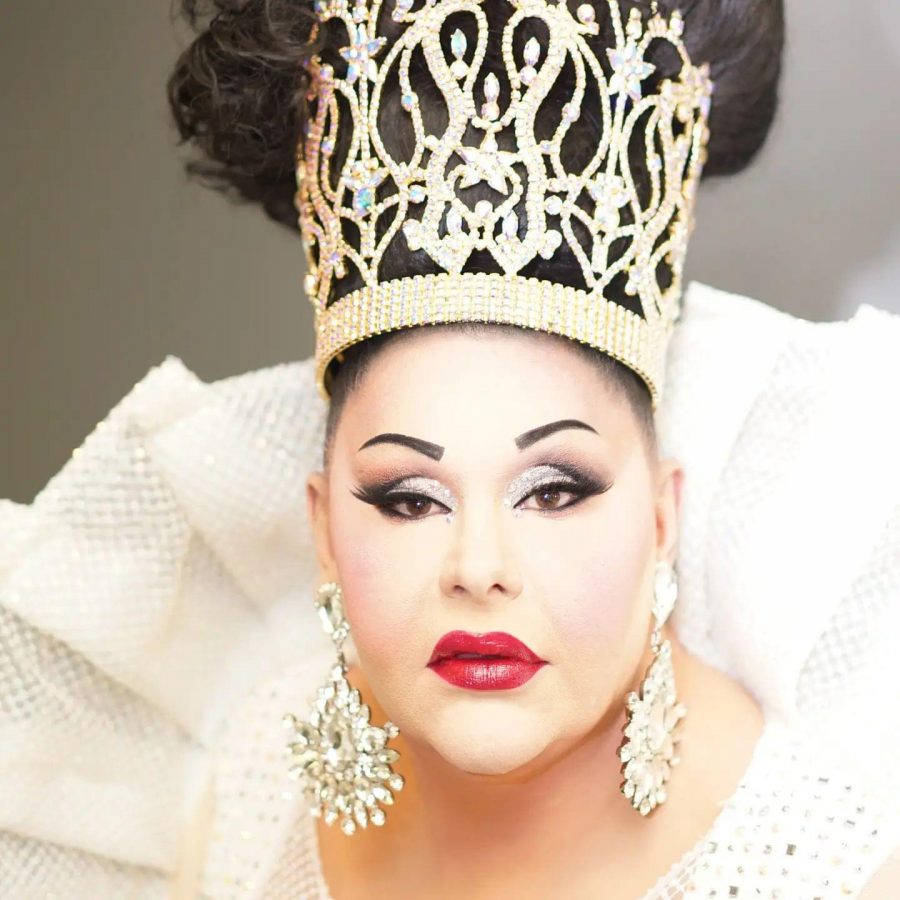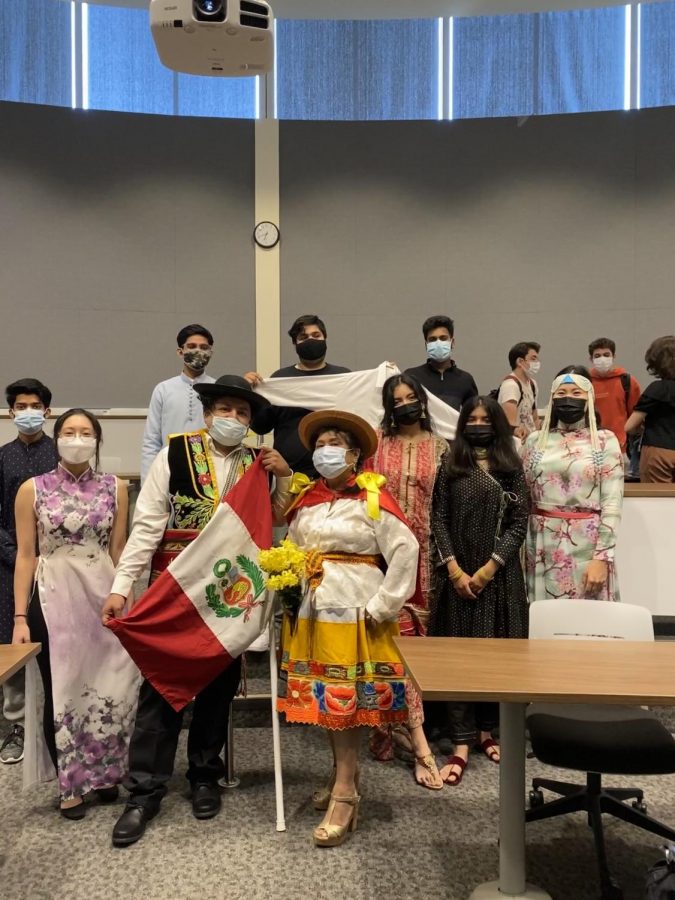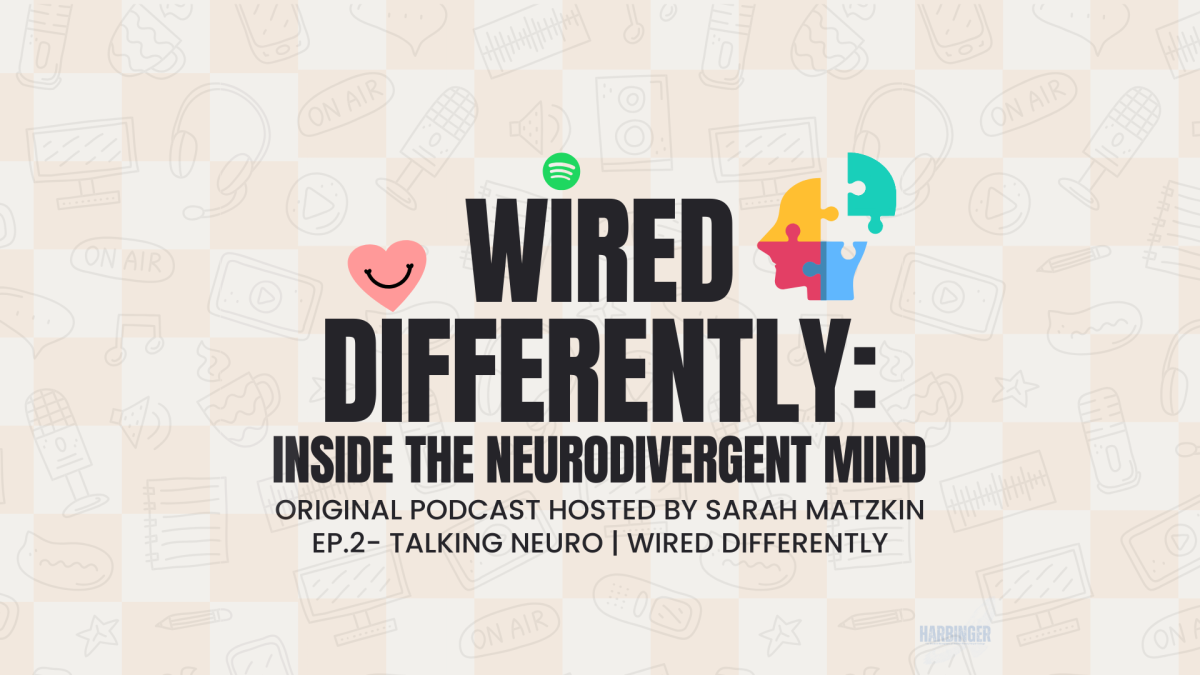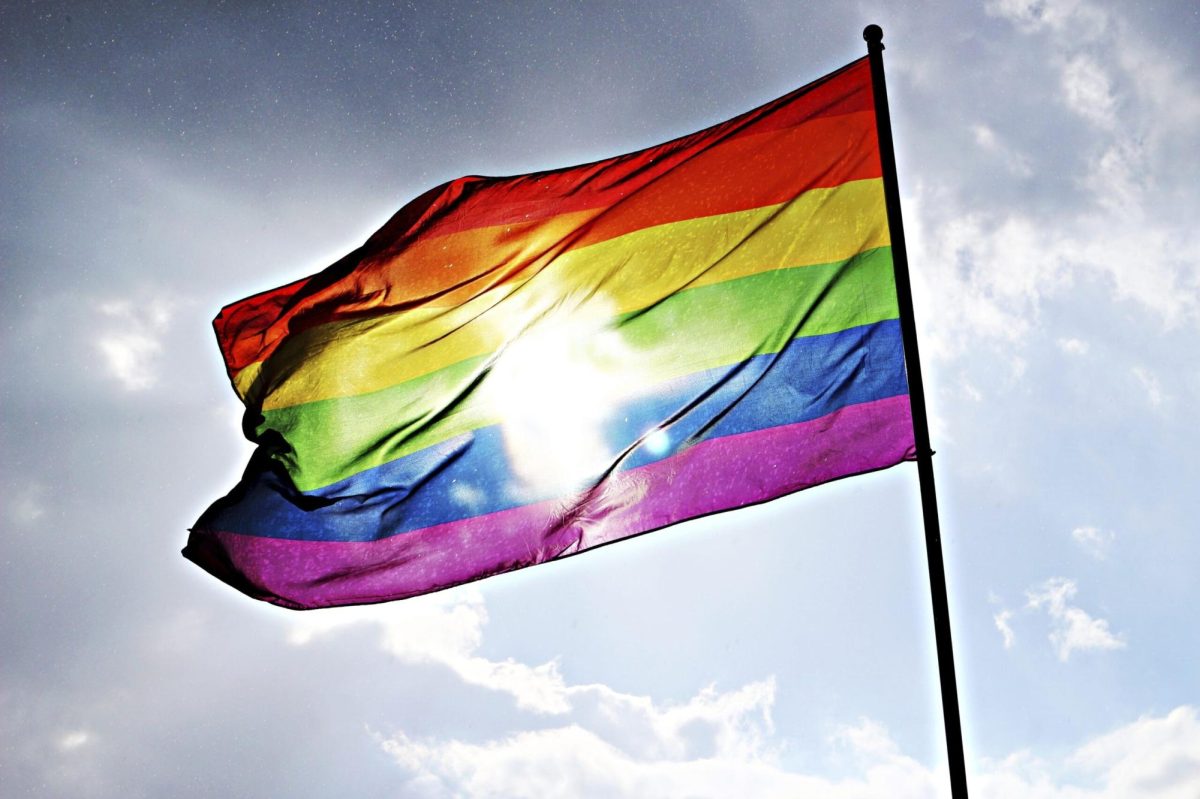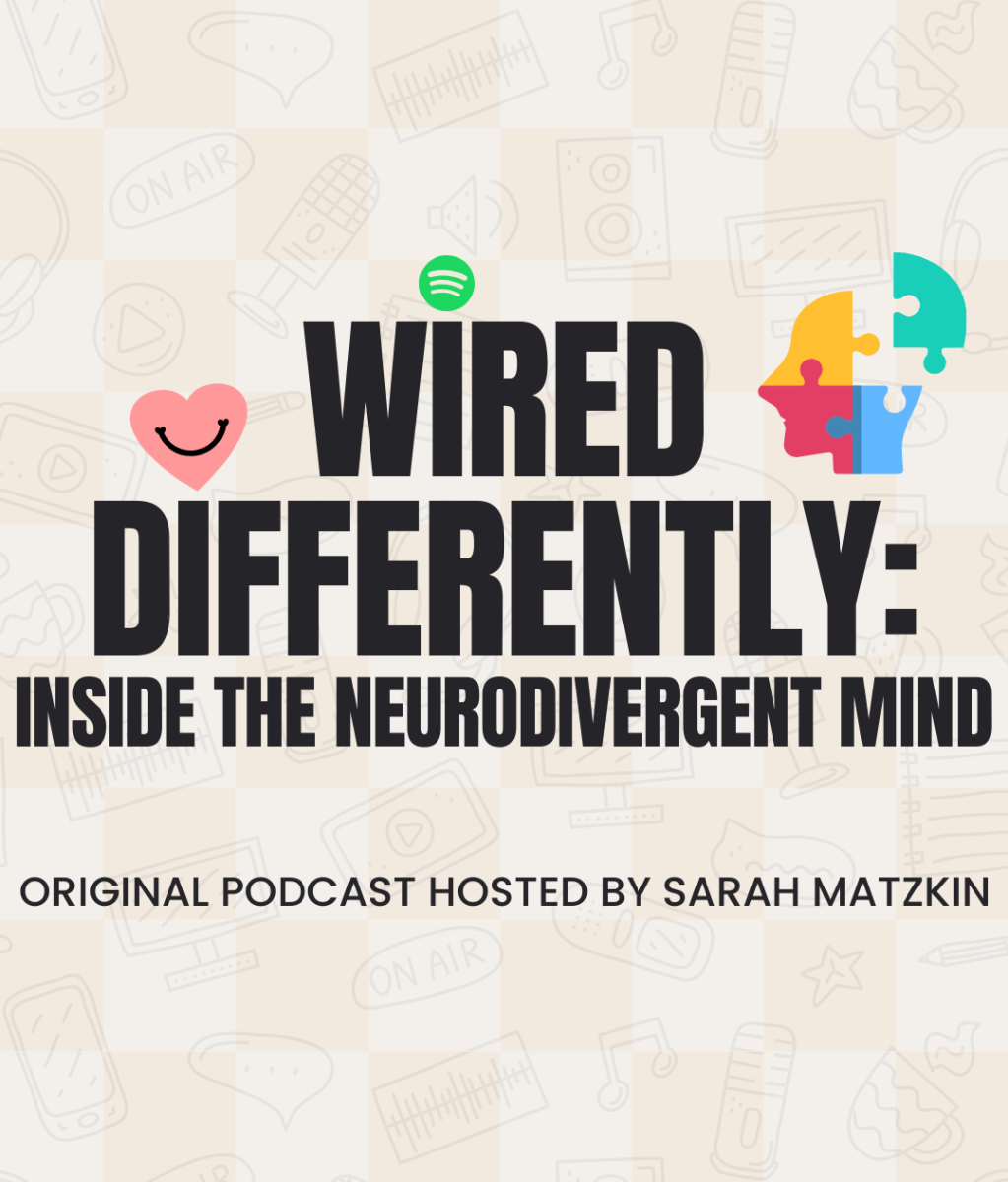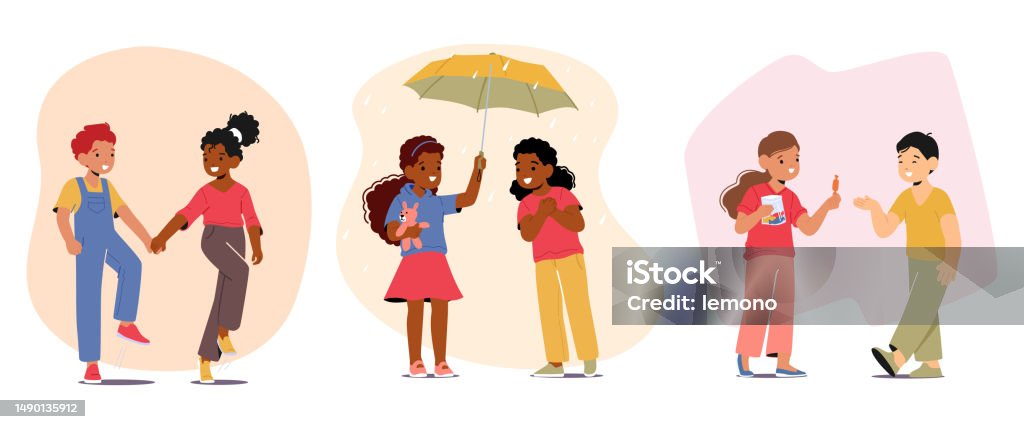Words hold immense power. They shape our perceptions, communicate our values, and reflect the communities we seek to build. Yet not all words carry equal weight. For instance, a seemingly harmless Halloween term like “spook,” comes with historical and cultural baggage that continues to harm marginalized communities. It’s time to reconsider how we speak and why language, no matter how seemingly small or casual, must align with our commitment to inclusivity.
Recently, a situation arose that underscored this need for change. The Kenneth Young Center, an organization that prides itself on inclusivity and uplifting marginalized communities, used the word “spook” in their Halloween event materials. To many, this word might evoke nothing more than a ghost or a Halloween trope, but for others, particularly Black Americans, it holds a far more sinister and painful connotation.
“Spook” has been used as a racial slur, dehumanizing Black individuals and reinforcing systemic racism. Despite its ghostly associations in other contexts, its historical use as a derogatory term lingers in the collective memory.
According to the Online Etymology dictionary, During World War II, a Black pilot was known as “Spookwaffe,” with the word “waffe” meaning weapon, and “spook” becoming associated with the Black community. While many Black individuals felt a reclamation of this word, it was quickly utilized as a slur by their white counterparts.
It is also not lost on the global community that the word “spooky” generally brings the image of a ghost to mind, as many children have donned white sheets to dress up in this way over time. However, when you consider the undercurrents of historical racism, this image is also deeply associated with Klansmen, and individuals who expressly target and terrorize Black communities.
When I raised this concern with the Kenneth Young Center, I was met with two responses. The first was acknowledgement of the racist history behind the term. The second was general complacency–citing it was “in the best interests of the community to leave the name as is.”
It was disheartening to see how easily such hurtful language could be dismissed as harmless or excused by indifference. It’s egregious for an organization claiming to be inclusive, progressive, and dedicated to marginalized communities to confirm their knowledge and acceptance of the historical context, and state that a community is better off with a racist event name.
Harper College, an institution committed to diversity and inclusion, should be setting a higher standard for its partnerships. It’s time for our school to seriously re-evaluate their affiliations and cut ties with harmful organizations like the Kenneth Young Center. Should Harper choose to continue these relationships knowing the harm that is occurring, they are implicitly condoning this blatant disregard for marginalized communities. This sends the wrong message to students, faculty, and the broader community. It reflects a gap between the values these institutions publicly endorse and the actions they take.
Words do not exist in a vacuum. They are shaped by history, and they carry the weight of that history with them, whether we intend them to or not. When organizations or individuals use racial slurs like “spook” without acknowledging their impact, they perpetuate harm, even unintentionally. This kind of negligence contributes to a broader culture of performative inclusivity, where efforts to be welcoming fall short because they do not address the lived realities of those they aim to serve.
The use of racially charged language can be a reminder of the ways in which society has historically excluded or oppressed them. In the case of the word “spook,” its continued usage erases the painful history attached to it and signals that those who have been harmed are not being listened to or respected. It undermines the fact that skin color is still continually weaponized, and that in areas where White Supremacy culture runs rampant, Black community members are treated as dangerous just for existing.
At the Kenneth Young Center, this incident could have been a moment for reflection and growth, an opportunity to lead by example and show how language can evolve to become more inclusive. Instead, it revealed how much work still needs to be done to bridge the gap between intent and impact. Harper College, by extension, could also take this as an opportunity to reconsider its partnerships and ensure they are aligned with its mission of fostering a truly inclusive community.
Moving forward, we must be more mindful of the language we use, especially when organizing events, crafting public statements, or engaging with diverse communities. Racial slurs like “spook” should be retired, not because we seek to erase history, but because we are committed to creating a future where everyone feels respected and heard.
Language is a tool, and like any tool, it can be used to build or to destroy. By choosing words that honor rather than harm, we can help create a more just and equitable world—one where everyone’s humanity is acknowledged, and no one is diminished by the careless use of terms intended to harm minority communities.


